5 Types of Foods to Avoid on a Pancreatitis Diet

IMPORTANT NOTE: You should always discuss dietary concerns with your veterinarian; this blog post is only intended to be a reference guide and does not constitute veterinary/medical advice.
Pancreatitis is a very painful condition in dogs that happens when a pancreas becomes inflamed. Besides pain, your pup can also experience vomiting, diarrhea, and lethargy. Although the pancreas is a small gland, it performs important functions in your dog's body. It produces and stores insulin and enzymes hence it maintains proper blood sugar levels and helps with digestion. Overweight and dogs with diabetes are prone to this condition so it is important to limit the amount of fats your dog consumes. In order to help your dog recover and to lower the chances of another pancreatic inflammation, we listed 5 types of foods to avoid on a pancreatitis diet.
1. Table Scraps
Did you know that more dogs suffering from pancreatitis are brought to Emergency Vet Clinics during Christmas holidays? This is because most of us cave under our pup's pleading eyes and treat them with leftovers. Our food is fattier and harder to digest for our canine companions and leads to an inflamed pancreas. So don't cave under your dog's sad pleading eyes and instead of leftovers offer him a healthy treat. Generally speaking, your dog shouldn't be fed and treated with fatty human food leftovers. Stick with your dog's regular food in order to prevent obesity and pancreatitis. Have more questions about human food for dogs? Read our article on table scraps for dogs.2. High-Fat Diets
Foods that are high in fats are harder to digest and cause high levels of cortisol in the body. That's why dogs that suffer from pancreatitis should eat low fat dog food. Diets that have from 7-10% fats are considered low fat, everything higher than that will cause a diseased pancreas to work overtime. Furthermore, fatty food will cause weight gain and obesity hence making your dog even more susceptible to develop pancreatitis. In some cases, dogs fed low fat diet can develop vitamin A and E deficiencies and can benefit from adding coconut or salmon oil into their diet. Moreover, salmon oil has proven to be beneficial in treating acute pancreatitis so you should be given it to your dog.3. Starch
Since pancreas produces insulin, pancreatitis and diabetes are more closely related than many owners realize. So dogs with diabetes are more susceptible to pancreatitis, moreover, pancreatitis can lead to diabetes. This means that sugar intake must be carefully monitored for dogs that are suffering from pancreatitis. Foods that have higher glycemic index are able to raise blood glucose quickly which ultimately leads to diabetes. And once a dog develops an inflamed pancreas it is best not to feed him with foods that contain a lot of sugar, like honey for example. So try to avoid vegetables that are high in sugar like pumpkin, corn, and, potatoes. Some grains like rice, oatmeal, and millet are also considered starches but if cooked a bit longer won't cause a spike in blood sugar. In fact, boiled rice with chicken breasts is recommended type of meal for dogs who have inflamed pancreas.4. Low-quality proteins
Commercially made food often contain low quality or unnamed protein sources. Dogs that suffer from pancreatitis shouldn't eat this types of food since some meats are fattier and harder to digest. Protein is the most important nutrient and should always be listed as the main ingredient in commercial food. If you opt for making your dog's meals at home, animal proteins need to be a primary source and present in the right amount. If you are making your pup's food at home his pancreatitis diet should consist of skinless white chicken meat, lean and low-fat beef, beef heart, beef kidney, beef liver, and egg whites. On the other hand, if you don't have time for cooking, opt for canned or dry food that contains chicken or turkey.
5. Fillers/ Low-quality food
Even completely healthy dogs can have problems digesting fillers, so dogs with pancreatitis should be kept away from them. They already lack enzymes necessary for normal digestion, and nutrients like these can cause even more trouble. In most cases, a vet will advise that a dog with pancreatitis be transitioned to a new diet. They may recommend homemade, raw, or a special high quality and low-fat pancreatitis appropriate dog food. The main thing to remember is you need to feed your dog healthy and easily digestible nutrients that won't be taxing on the pancreas.Conclusion
Once a dog is diagnosed with pancreatitis his diet needs to be changed right away. These dietary changes are necessary in order to keep the pancreas from overworking. A low-fat diet is a must for dogs with pancreatitis since fats are hard to digest. We hope this list of 5 types of foods to avoid on a pancreatitis diet helped you learn what is unhealthy for dogs. Dealing with your dog's condition might seem overwhelming at first, but you can manage! There are several commercial low-fat pancreatitis diets and you can make natural, healthy meals at home if you have time.This guest post was provided by Charles Hardy of Paw Paw Lover
IMPORTANT NOTE: You should always discuss dietary concerns with your veterinarian; this blog post is only intended to be a reference guide and does not constitute veterinary/medical advice.
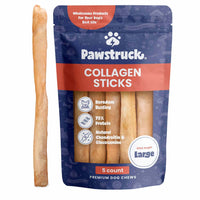

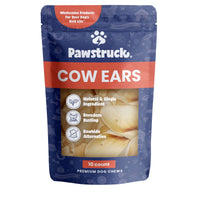
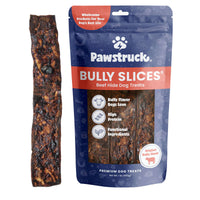
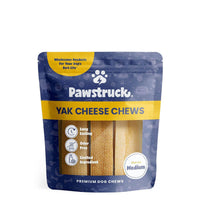
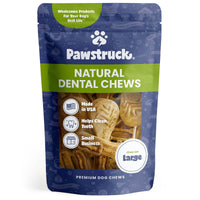

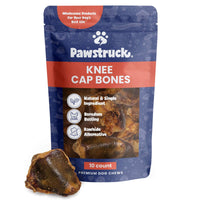

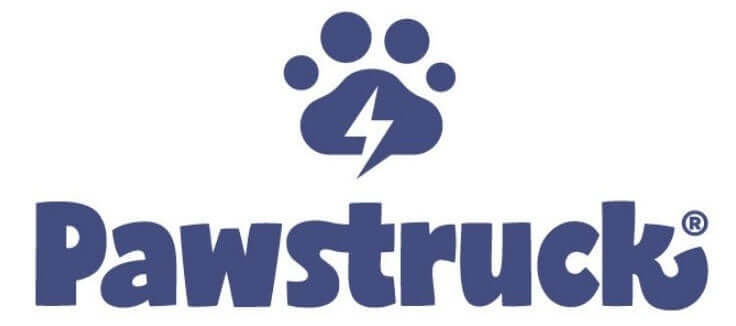


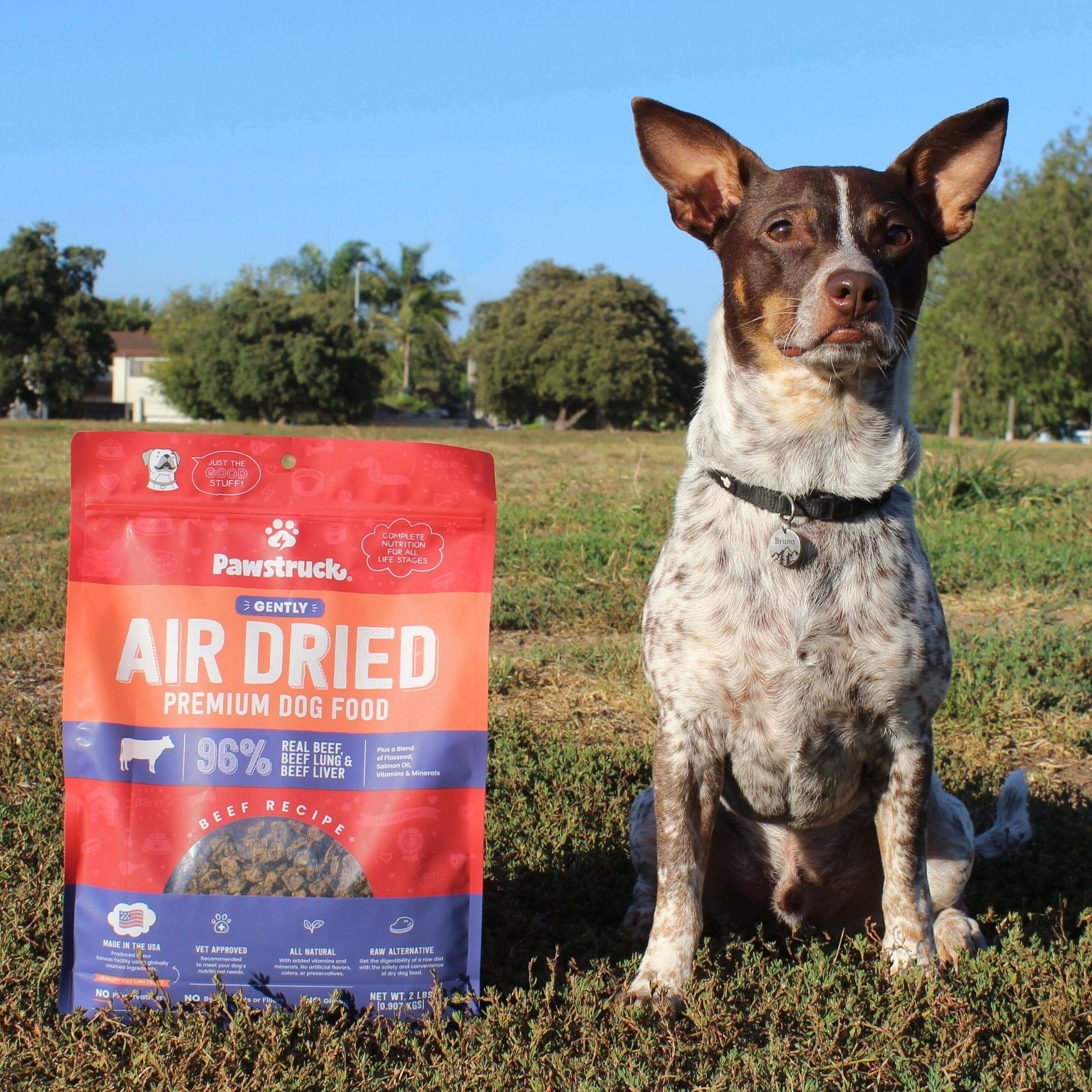













Leave a comment